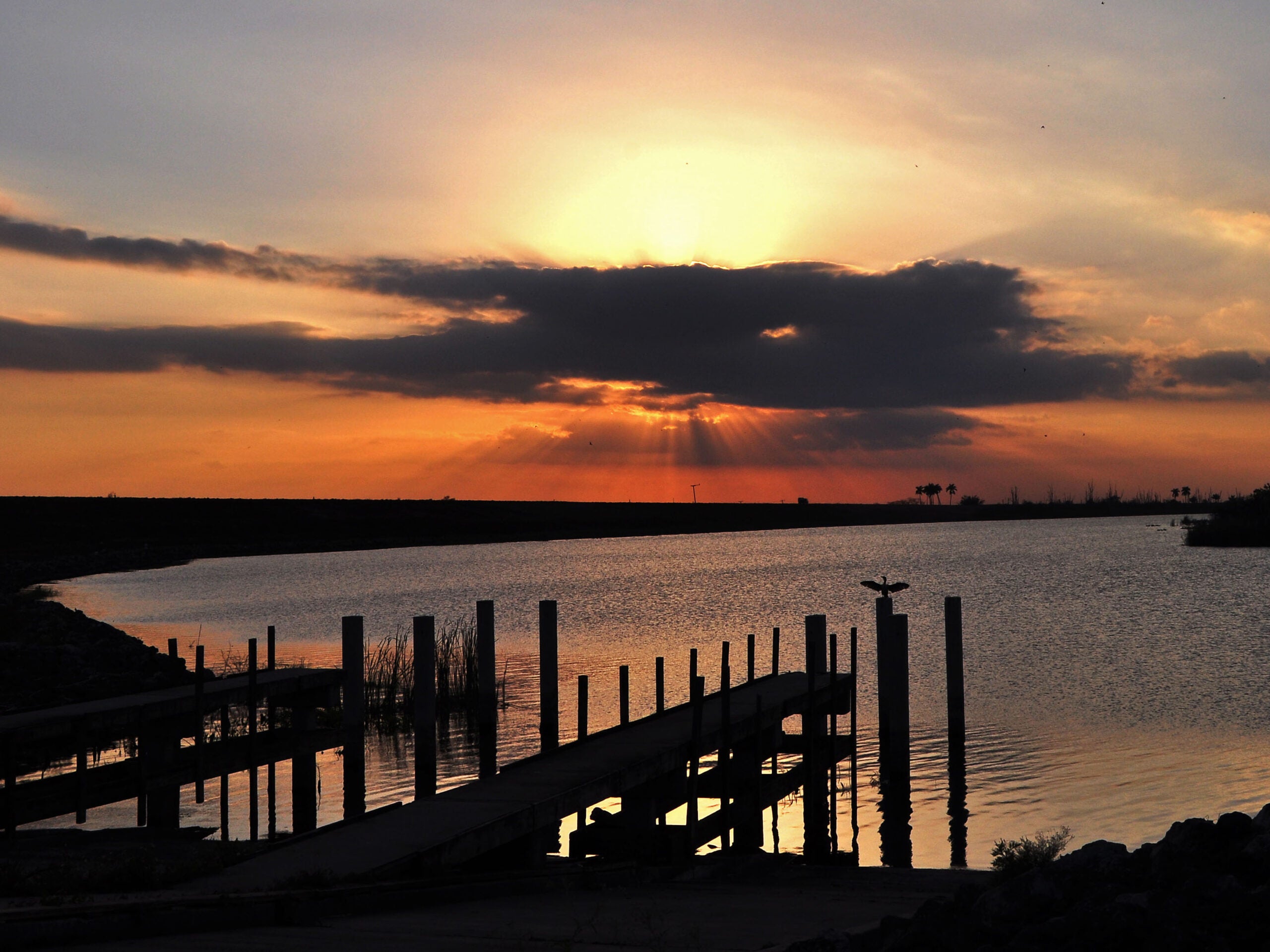Florida Power and Light Wants Expensive Boondoggle
Florida Power and Light is trying to get its customers to foot the bill for an expensive and unnecessary power plant near Lake Okeechobee.

This page was published 9 years ago. Find the latest on Earthjustice’s work.
Hold onto your wallets, because Florida Power and Light is about to rack up another giant bill that customers will end up paying for.
You may remember that FPL already got state approval to charge customers for up to $500 million that the company is investing in “fracking” (gas drilling) projects in Oklahoma and other states.
FPL also got state approval to charge customers for more than $241 million in “advanced recovery costs” for two more nuclear reactors at the company’s aging Turkey Point plant in Miami. The reactors have not been approved by regulators, and they might not ever get built. But thanks to a special guarantee, FPL customers will pay regardless.
Now comes news that FPL is trying to get customers to foot the bill for another expensive, dubious project—a new power plant near Lake Okeechobee that’s projected to cost a whopping $1.2 billion.
A billion here, a billion there, and we end up paying the costs every month for the rest of our lives. The price tags are so high, our children and our grandchildren will still be paying.
The kicker is that the power plant that FPL wants to build near Lake Okeechobee is not even necessary. This project is an expensive boondoggle that should be voted down.
Before FPL builds the Okeechobee boondoggle, the company has to first get approval from the state’s Public Service Commission. The commission is notoriously lenient and accommodating to the state’s utilities, so chances are good that it will rubber-stamp FPL’s massive new power plant project, just as it rubber-stamped both the “advanced cost recovery” for the Miami nuclear power plant and the hundreds of millions of dollars for FPL to speculate on out-of-state fracking.
This is why we citizens need to make noise to stop this. We need to tell the PSC that enough is enough. The national association of utility experts—called the North American Electric Reliability Council—has set a specific standard for how much overbuilding any utility should be allowed to do. Under that national standard, FPL would never get away with this project.
FPL is trying to lock in corporate profits by manipulating Florida’s arcane regulatory process, and we consumers end up as the losers. FPL continues to choose expensive options rather than more common sense, economical solutions, like serious energy efficiency efforts. Under state regulations, FPL makes a guaranteed 10 percent profit by building power plants, whether we need the plants or not. The company makes less money when people cut their electricity use by using more insulation, more energy efficient appliances and installing rooftop solar arrays to get power from the sun.
To shield its corporate profits, FPL has been sidelining energy efficiency efforts for years. Right now, FPL is among the corporate giants bankrolling a Constitutional amendment for the 2016 ballot that would crush independent companies who want to put affordable rooftop solar on Florida homes. Instead, FPL wants to make sure that its corporate monopoly owns gas pipelines and gas power plants so they can sell us FPL power.
FPL’s corporate public relations professionals are trying to portray the Okeechobee plant as part of a greener, innovative energy future. It is true that the plant would burn natural gas, which burns cleaner than coal. But FPL’s public-relations spinners miss the real point: Florida’s greener, innovative future isn’t going to happen by building more big, expensive power plants.
This blog was originally published by the Tallahassee Democrat on November 2, 2015.
David Guest worked at Earthjustice from 1990 to 2016, as the managing attorney of the Florida regional office. His countless legal battles were, in one way or another, all about water. His motivation to protect Florida’s water came from years of running boats in the state’s rivers and lakes, which convinced him that waterways are many people’s spiritual connection to nature.
The Florida regional office wields the power of the law to protect our waterways and biodiversity, promote a just and reliable transition to clean energy, and defend communities disproportionately burdened by pollution.